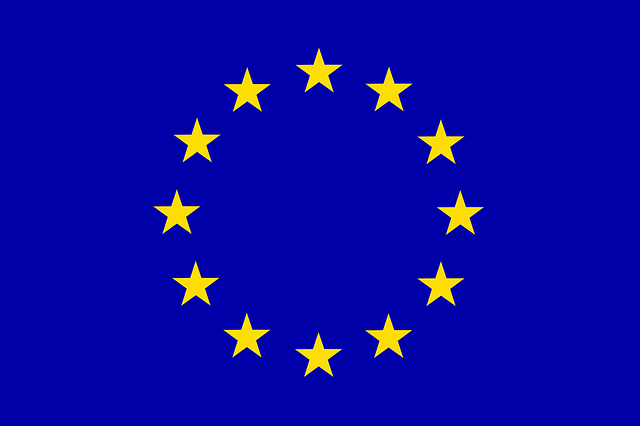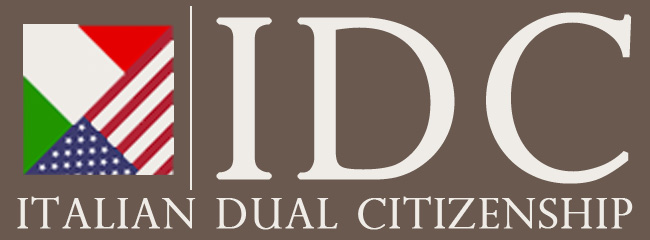
Legally speaking, Italy, like all other EU countries, fully protects the right for any couple to live together on its territory. However, things get a little complicated if one of the spouses is a foreigner. Usually, if a non-Italian spouse would like to move to the country alongside their citizen significant other, they can only stay for as long as the tourist visa allows. For all EU countries, that period ends after 90 days, or 3 months.
So, what if you want your non-Italian spouse to move in with you in the land of pizza, wine, and amusing hand gestures? Well, they will need to apply for a residency permit first.
Applying for a Residency Permit vs. Applying by Marriage
These two processes might sound similar, since they both involve a romantic partner. However, they are not the same. The main difference between the two is that applying for a residency permit is a lot faster than applying by marriage.
If you want to gain Italian citizenship by marriage, you must wait for a number of years before you can fill out an application. Usually, that amounts to 3 years from the marriage date if the couple resides abroad and 2 if they live in Italy.
Aside from living together, your spouse must also pass a B1 language test before moving to Italy. In addition, they will have to go through a criminal record check with the local authorities.
But even if they pass everything listed above with flying colors, it can take some time before the government can grant them citizenship. In fact, it might take as much as 3 years. That might not seem like much compared to how long you need to become a US citizen, but it’s still a long time. On the other hand, getting a residency permit is much easier and faster.
How to Apply
Before you can apply, you will need to get several documents ready. These documents include:
- The marriage certificate issued in Italy (the municipality in which the native partner is registered legally with the AIRE usually issues them)
- Passports of both partners
- Passport-sized photographs
When registering, make sure that there are no issues with the documents of the foreigner spouse. If, for example, their birth certificate name doesn’t match the name on the certificate of marriage, you might have a problem. Also, you’ll have to pay a small fee of €16 (around $19.5).
The next few steps come when you actually get to Italy. The non-native spouse will first have to register as a resident at the municipality. This process can take almost up to two months. So, make sure to do it a day or two after you arrive. After the process is done, the non-native can start the process of applying for a residency permit. This permit is known as permesso di soggiorno in Italian.
If something were to happen to your Italian spouse, such leaving the country, filing for divorce, or death within 5 years from the original date the residency permit was issued, the non-native spouse must leave Italy. However, if any of that happens after 5 years, they can remain in the country, but with a different kind of residency permit. Legally speaking, this new permit will be on their own and not linked to marrying an Italian citizen.
And If the Spouse Has Not Acquired the Citizenship?
Everything we’ve covered above applies to people who already have a spouse who’s an Italian citizen. However, you might be marrying someone who didn’t apply yet. What happens then and how is the process any different?
Usually, the native spouse can request citizenship by descent, i.e. jure sanguinis, and they can reside in Italy during the whole process. On the other hand, the non-native partner generally isn’t allowed to stay. Interestingly, there are some areas in Italy where a foreigner spouse can obtain a permit for family reasons.
Final Thoughts
As you can see, applying for an Italian residency permit might take some time for spouses. However, it’s generally faster than other methods. Moreover, if you follow the proper protocol, you will both be Italian citizens within a few years. If you require some more information on residency permits in Italy, feel free to contact us.





